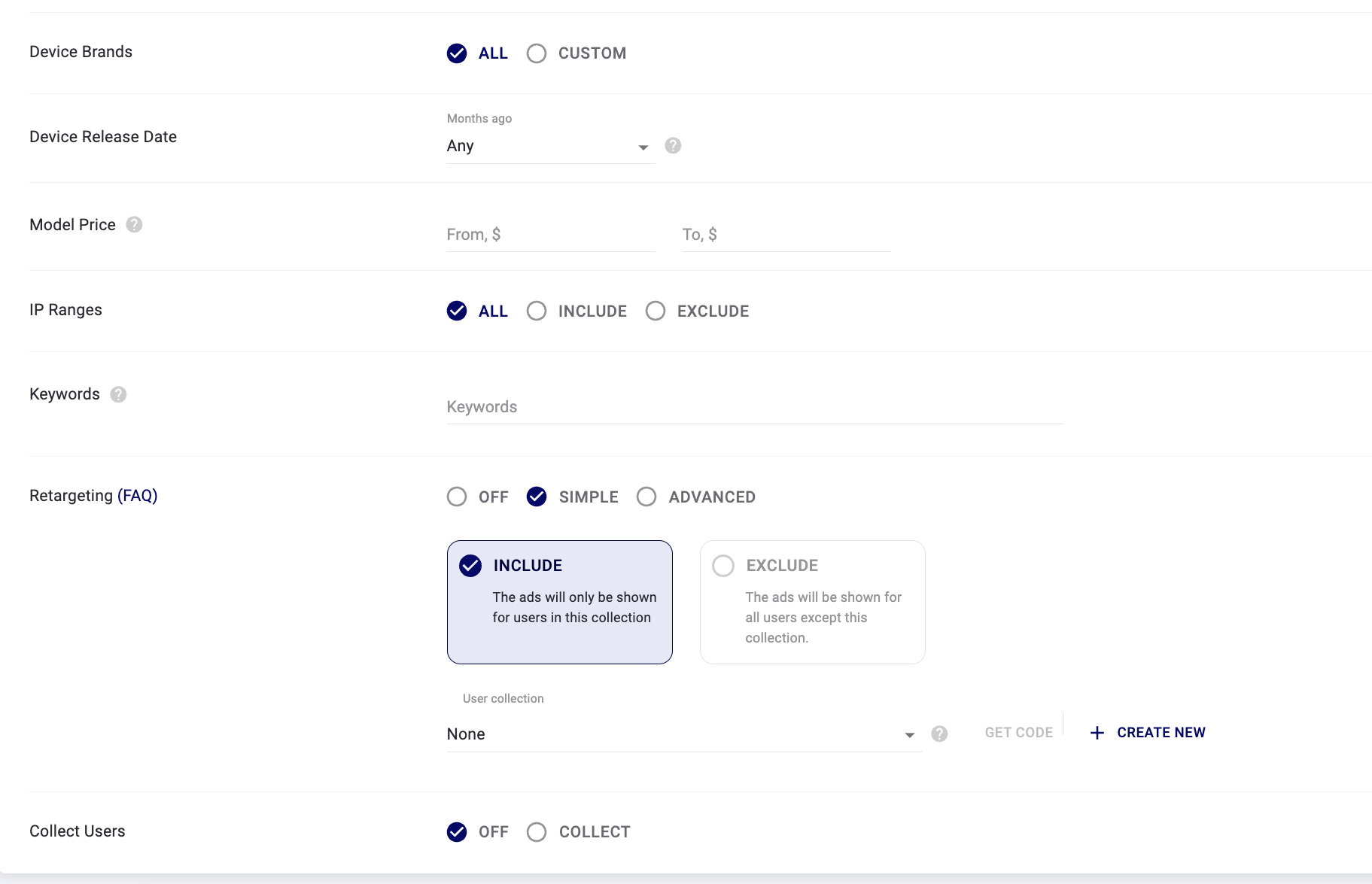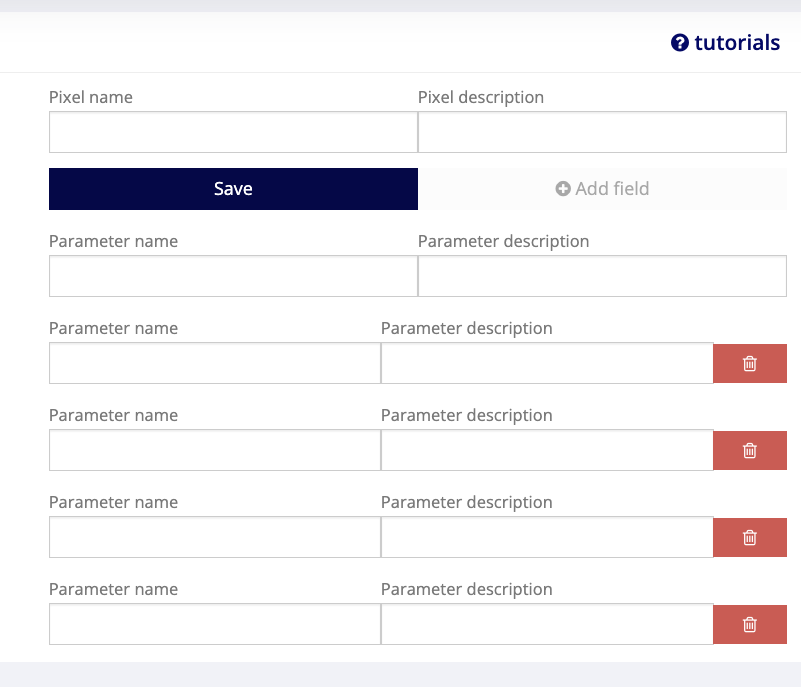What is Retargeting:
Retargeting enables you to remind your customers of the products and services after they leave your website without buying. It allows you to show the visitors relevant ads when they visit other sites. Retargeting works with apps and search as well as website banner ads. Serious marketers today use retargeting as a vital tool to connect with their customers and increase their sales.
How retargeting works:
Retargeting is a cookie-based technology that uses simple Javascript code to anonymously ‘follow’ your audience all over the Web. Here’s how it works: you place a small, unobtrusive piece of code on your website (this code is sometimes referred to as a pixel). The code, or pixel, is unnoticeable to your site visitors and won’t affect your site’s performance. Every time a new visitor comes to your site, the code drops an anonymous browser cookie. Later, when your cookied visitors browse the Web, the cookie will let your retargeting provider know when to serve ads, ensuring that your ads are served to only to people who have previously visited your site. Retargeting is so effective because it focuses your advertising spend on people who are already familiar with your brand and have recently demonstrated interest. That’s why most marketers who use it see a higher ROI than from most other digital channels.
How to collect users:
1. Manually with Pixel
You first need to generate new User Collection (create your new pixel) from advanced settings in Campaign creation → here

Once the User Collection is created, replace YOURRETARGETINGPIXEL in the following pixel image and place it on all pages where you would like the pixel to fire.
For example if the tracker we generate for you is : 5e2521eb-fffc-4e75-ac81-1c72e4770ga9
Your pixel tracker should look like this : img src="//tsyndicate.com/api/v1/retargeting/set/5e2521eb-fffc-4e75-ac81-1c72e4770ga9" height="1" width="1"/
Note: You can get a ready pixel code from the platform:
.webp)

2. Automatically from your existing campaigns
You can collect users who clicked on your ads to already existing User collection or create a new one for these users. In this case our platform will set cookie according the pixel code to user directly after clicking.

How to target user's collections:
How to create a campaign using Simple retargeting options:
Our retargeting allows you to positively or negatively retarget users. Once the User collection is set up, you will first need to create a new campaign. Once the campaign is set up, during campaign editing you can retarget all the users you previously captured. Select your retargeting pixel in Retargeting. To set up negative retargeting (meaning you will target only the users you have not yet captured / who has no retargeting cookie yet), just choose Exclude option and select your user collection.
How to create a campaign using Advanced retargeting options:
Our advanced multi-event retargeting allows you to track users based on up to 5 dynamic parameters of your choice and you can populate them with any value. You will first need to create the parameters, then place the pixel tracker on your website where you want the pixel to fire. Simply add up to 5 custom parameters when creating your tracking pixel.

Then append them to your pixel tracker using a query string (? for the first one and the & between all the others). You will need to dynamically populate the parameters, and you may need help from a developer for this.
.png)
On the campaign creation page you can choose created pixel (user collection) and write an expression to match the user in order to show the campaign.
Values in the expression can be of the following data types:
- numeric constants (12, 12.5)
- string constants ('abc')
Note: In targeting campaigns, strings in conditions are specified in single quotation marks. If you write abc without single quotes it's going to refer to your parameter abc in pixel. For example, page_view == cart will be interpreted like two different parameters page_view and cart should be equal.
Examples of expressions:
- page_view == 5 && conversion == 'true'
- page_view == 'cart' && number_of_items == 2
- page_view == 'cart' || pageview == 'product_card'
No quotes are needed in the pixel code:
.png)
Practical example
For e-commerce websites you could track :
- All users who visited your page :&pageview=
- All users who registered : &lead=
- All users who added a product to the cart :&addtocart=
- All users who converted:&conversion=
You could then create a campaign targeting all users who added a product to the cart but did not convert. Or you could create a campaign targeting all users who converted, and sell a different product to them. The possibilities are endless!
✅ For retargeting to be successful you need have had the pixel set up on your website or landing page for at least 30 days, in order to ensure that the pixel triggers a minimum number of times for the TrafficStars algorithms to be effective.
support@trafficstars.com
